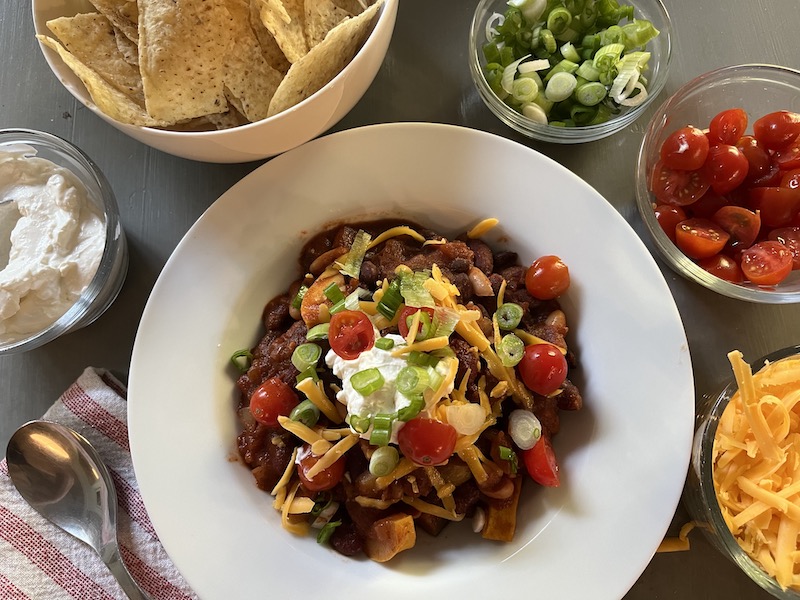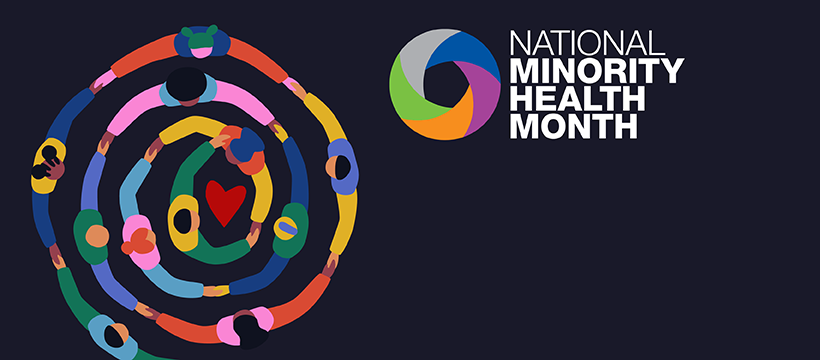The nutrition journal is a great start to staying on top of what, when, and how much you eat. Write down when you ate, how many calories you ate, and what time you ate. www.nutritiondata.com is a great site for getting calories for food. If you did not get a nutrition journal, please let us know and we will have one available after a class. www.calorieking.com is another website that helps you with calories.
www.SparkPeople.com is also a Free Site for getting a nutritional plan and other information by giving your height, weight, and preferences.
We have so many participant and clients who have started using this and it has been exactly what they needed to get the quick start or break through the platau. You do not have to use this your whole life, it is just a tool for you to use for a few weeks to help make sure you are eating too much, help make sure you are eating every 2 and ½ to 3 hours, it is also a motivating tool (you have to write down you had that coke or doughnut) and it also is a tool to help us (as you can show us and we can let you know what some changes you can make are.)
How to use the nutritional journal.
1. Write down WHAT time you eat
2. Write down WHAT you eat and drink. This includes EVERYTHING.
3. Learn how many calories are in the foods you eat.
The “Know your calories” your calories section of the GetYouInShapeProgram PDF has information on what YOU should be comsuming daily in order to reach your goals.
I have included a great article about what a recent study found about using the nutrition journal to help with your results.
By Nanci Hellmich, USA TODAY
Dieters who write down everything they eat each day lose twice as much weight as those who don’t, according to one of the largest weight-loss studies ever conducted.
This confirms the importance of keeping a food diary — advice that nutritionists and weight-loss programs have pushed for years.
Scientists at four clinical research centers recruited 1,685 overweight or obese adults who weighed an average 212 pounds. Forty-four percent were African Americans.
The participants were offered 20 weekly group sessions led by nutritionists and behavior counselors and encouraged to try to lose at least 9 pounds in six months. They were told to consume about 500 fewer calories a day, eat plenty of fruits and vegetables, do about 180 minutes of moderate-intensity physical activity a week, and keep daily food and exercise records.
CREATE YOUR OWN: Download our Weight-Loss Challenge food and exercise diary
INSTRUCTIONS: How to track your calories with the Excel log
BLOG SQUAD: Kelly Rhoads shares journaling advice
The findings reported in the August issue of the American Journal of Preventive Medicine:
•Dieters who kept their food diary six or more days a week lost an average of about 18 pounds in six months, compared with about 9 pounds for those who didn’t keep food diaries.
•The biggest losers also attended most of the group meetings and did more exercise. Some did 300 minutes or more of physical activity a week, but the average participant in the study did about 117 minutes a week.
•69% of the participants lost 9 pounds or more, which is enough to improve some health measures such as blood pressure, joint pain and pre-diabetes.
•69% of black men and 59% of black women lost at least 9 pounds.
“There is a misconception that nobody can lose weight, but in this study, two-thirds of them lost enough weight to make a difference to their health,” says Victor Stevens, senior investigator at the Kaiser Permanente Center for Health Research in Portland, Ore. The National Heart, Lung, and Blood Institute sponsored the study.
These weight-loss techniques work well with everybody, including African Americans, who are often underrepresented in studies and yet suffer from a high rate of obesity and weight-related illnesses, he says.
Food diaries are a “powerful self-management technique. They help you figure out where the extra calories are coming from,” he says. It works best if someone else looks over your food record. “When you put yourself in a position where you are accountable for your behavior, it changes behavior.”
Many people are getting lots of extra calories by eating large portions at restaurants, Stevens says. He is currently working with a client who was consuming 1,500 calories of fast food at lunch. The dieter is now bringing a 500-calorie lunch to work, saving 1,000 calories a day.
Dawn Jackson Blatner, a registered dietitian in Chicago, tells people that a food diary “is the best way to monitor every crumb, morsel, nibble, sip, swallow and bite you take.”



